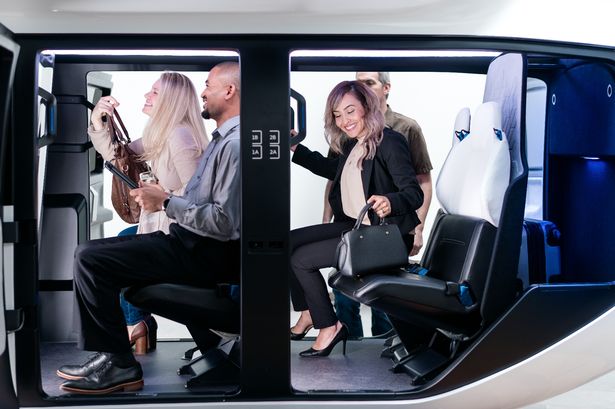×
The Standard e-Paper
Fearless, Trusted News

Ride-hailing firm Uber has unveiled its vision for the future of urban transportation - flying taxis that will carry customers from rooftop to rooftop.
The planned UberAIR service will use electric jet-powered vehicles - part helicopter, part drone and part fixed-wing aircraft - to transport customers around the city.